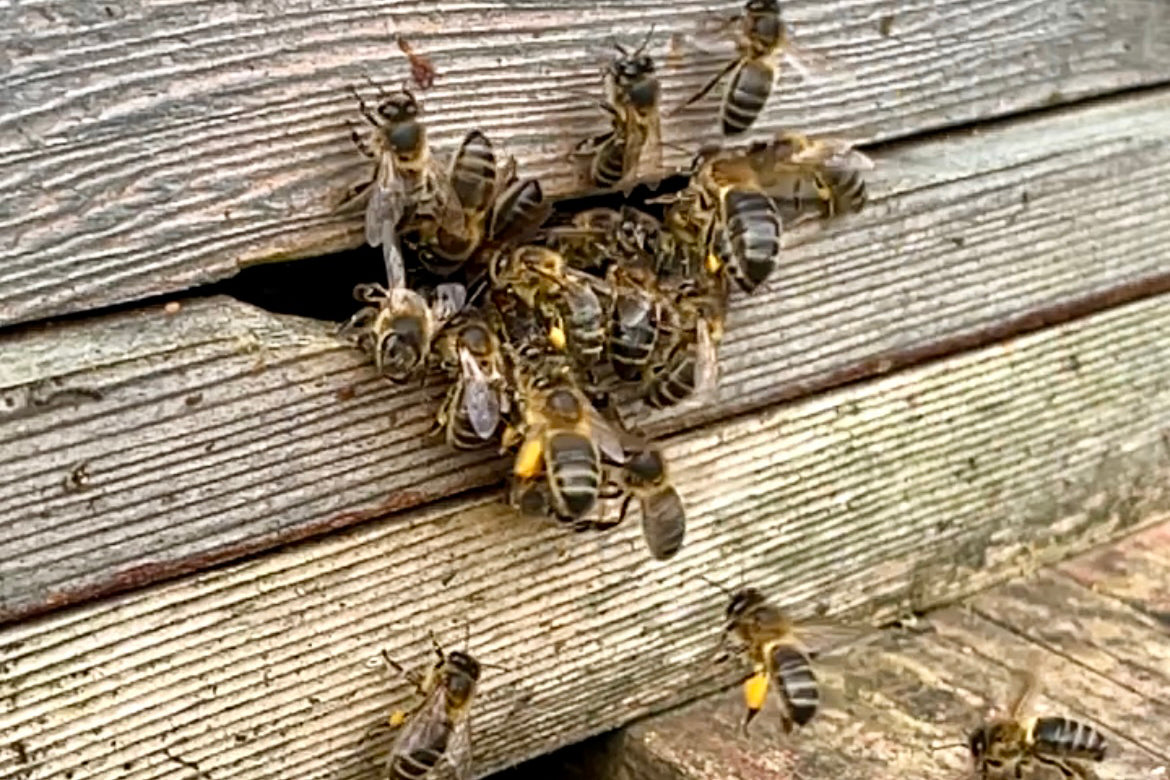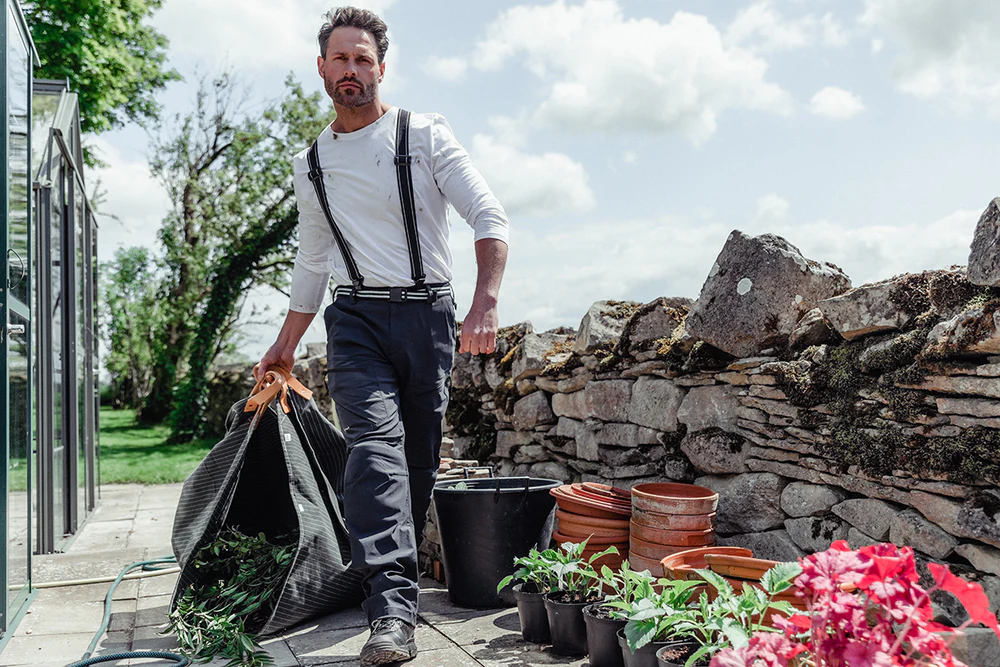Busy optimism

Half term duties and a family week away helped us miss the inclement weather that gardeners have been ‘enjoying’ recently in the UK. The much needed break (Lisbon, thank you for asking) did, however, act as an amplifier for the changes that can happen in a garden over a very short period of time. Back in the garden, it looked immediately brighter, fresher, new buds and growth giving an air of optimism after the long wet winter and spring.
We did manage to get the lawns cut and some rampant ivy that was starting to dominate a number of the walls was cut back, its branches of glossy black berries now stripped by fat plum-breasted wood pigeons and our resident blackbird. Bee hives in the neighbouring fields were alive with activity and with spirits undampened by the wet weather the colonies were making the most of the new found cornucopia - blackthorn (Prunus spinosa), bird cherry (Prunus padus) and a number of ornamental cherry species are now in full blossom and the industrious insects were revelling in the opportunity.
Bees returning to the hives had fully laden pollen baskets and with the entrance almost stationary at busy times, the queuing workers waited their turn patiently to get inside and unload their precious cargo. Unlike the bees, if the wet weather continues our optimism may well be eroded in a week or so, but at the moment our only desire is to get some seeds in the ground and some soil under our fingernails replacing the sugar and custard from our Portuguese, pastel de nata.











